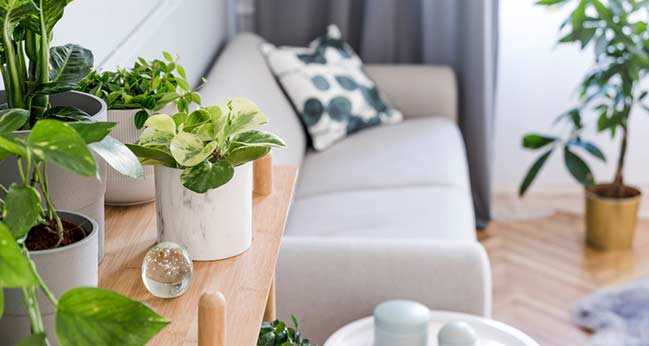15000 apartments in Bangalore are bulk waste generators: BBMP
 BBMP Bangalore (Bruhat Bangalore Mahanagara Palike) has categorised 15,000 apartment complexes in the city as bulk waste generators. According to the BBMP, bulk waste generators has been categorised Domestic bulk generators and Commercial bulk generators. These bulk waste generators must start a composting unit within six months and if failed to set up the composting unit within deadline, BBMP will not lift their garbage and instead impose fines.
BBMP Bangalore (Bruhat Bangalore Mahanagara Palike) has categorised 15,000 apartment complexes in the city as bulk waste generators. According to the BBMP, bulk waste generators has been categorised Domestic bulk generators and Commercial bulk generators. These bulk waste generators must start a composting unit within six months and if failed to set up the composting unit within deadline, BBMP will not lift their garbage and instead impose fines.
Bulk waste generators
The establishments, commercial or public entity that generate more than 100 kg per day are labelled as commercial bulk generators. Apartment complexes that houses 50 or more flats are labelled as domestic bulk generators.
Last year, the BBMP had conducted a ‘Wake Up, Clean Up Bengaluru’ campaign, whose efforts saw many residential and commercial associations coming forward with schemes to dispose their garbage cleanly and adopt safe waste management techniques like solid waste management (SWM) and scientific disposal systems.
Deadline for bulk waste generators
A time frame of 6 months has been issued, after which those complexes found in violation will be penalized. In the event that these complexes fail to set up compost units for the wet waste they generate, each house in the apartment complex will be fined Rs 500 each time. This stringent rule came to pass after CM Siddaramaiah’s promise to have Mandur stay free of garbage from December 1st onwards. “If bulk generators do not set up compost units in six months, BBMP will not lift their garbage and instead impose fines,” said district in-charge minister R Ramalinga Reddy.
How to successfully set up a domestic compost units?
If you live in an apartment complex, then here’s what you can do to ensure your complex follow’s the rules.
- Get your apartment association together and elect a leader who would be willing to direct the waste management system.
- Create an awareness among the apartment residents about the need for a better waste management system. Introduce various ideas on waste collection, segregation and recycling and put up guidelines for everyone to follow and ensure that they do it.
- Find a place in your apartment complex where you can safely install a waste compost unit. Usually there is space on the terrace to install the composting system and segregation bins. Set up decomposition machines that can help reduce food waste volumes by 90 percent and can reduce waste hauling costs too.
- If there are gardens like terrace gardens or green areas in the complex premises, then get a team to clean the area of dry and fallen leaves and teach fellow residents on the importance of leaf composting. Instead of burning the fallen and dry leaves, install leaf composters around the garden so that the leaves turn to mulch which is a good fertiliser for the garden.
- Design a system whereby the waste is collected methodically from each floor and deposited safely. Decide on how and who collects the waste from each floor and how it will be stored and sorted or taken away. While a small portion would have to be taken out into the municipal landfill, a bigger part of the waste collected can be used effectively.
- When installing waste management systems, train housekeeping to make them clear on the workings and why they should go the extra mile. Having rewards to the best housekeeping section would also go a long way in ensuring that people do their part efficiently.







